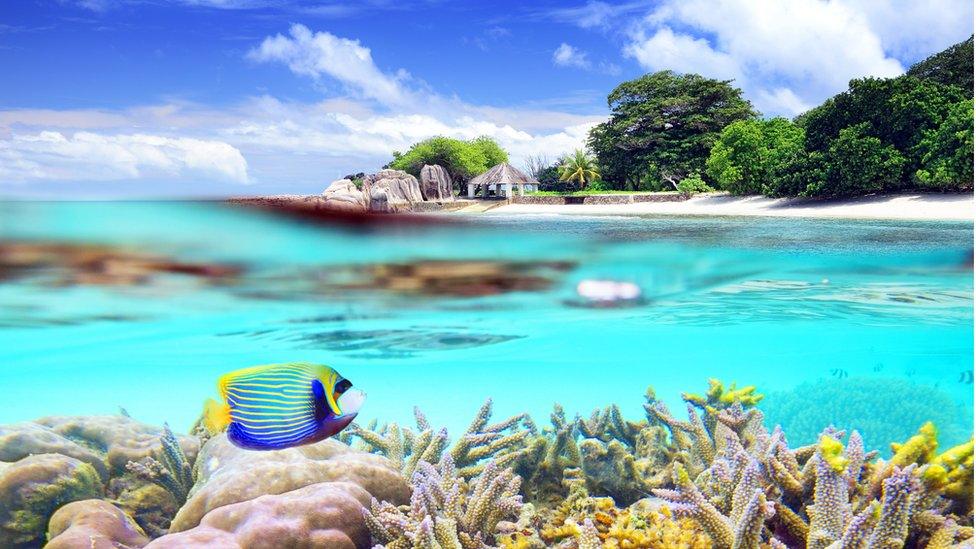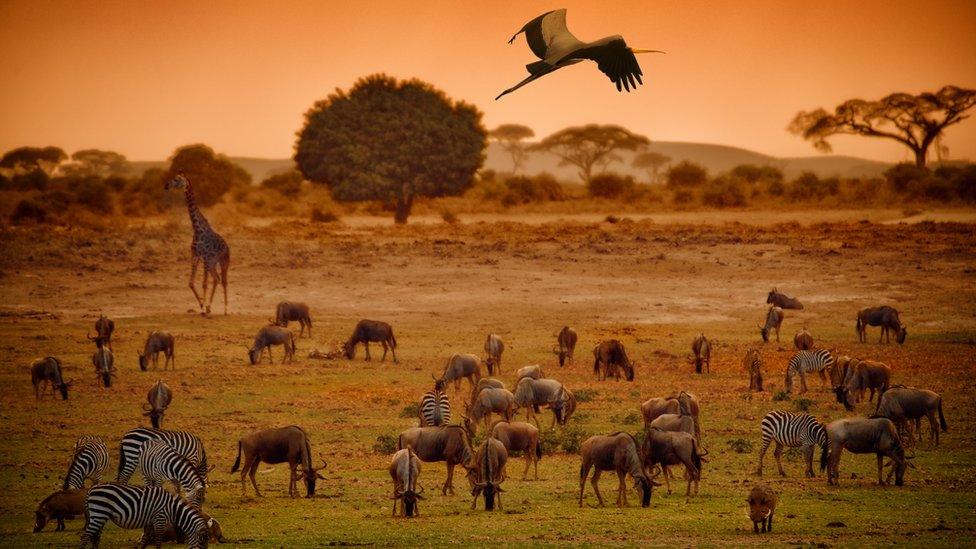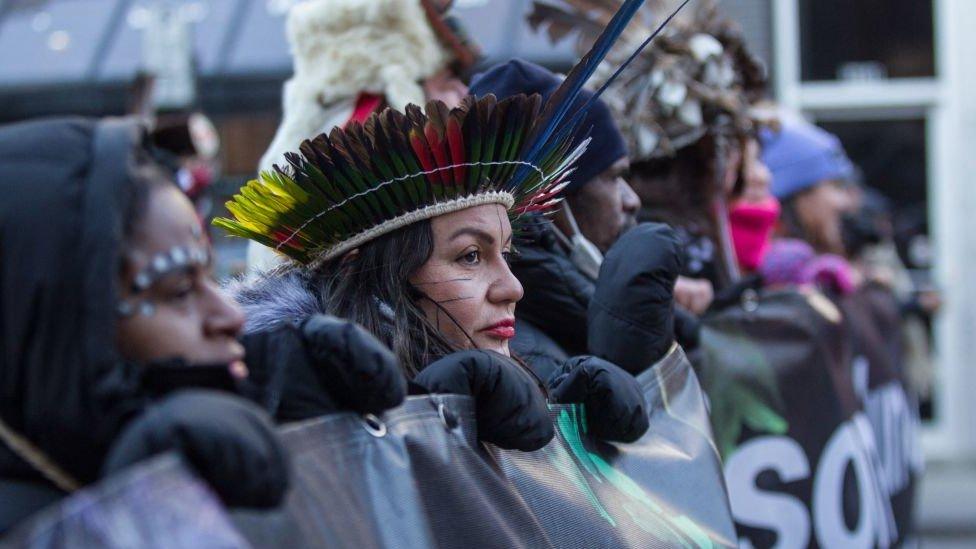Biodiversity: Row over funding threatens to stall talks
- Published

Countries have pledged new funds to restore nature as biodiversity talks reach a crunch point over finance.
Leaders are meeting in Montreal to try to agree a roadmap for reversing nature loss.
Progress has stalled amid disagreement on how to fund conservation efforts in poorer countries.
It's hoped the new commitments will provide momentum for an agreement on protecting a third of the planet for nature.
But environmental groups have warned that political will must be turned into concrete agreement if the talks are to succeed.
The announcements came on the first day of high-level talks by ministers at the UN biodiversity summit, COP 15.
The conference is into its second week but progress has been slow with rows over finance and little sign of compromise.

The UK government has promised nearly £30m to help developing countries to reach the goal of setting aside a third of the planet for nature.
It is also giving £5m to support biodiversity projects in the British overseas territories.
Environment Secretary Thérèse Coffey said: "A healthy and thriving natural environment underpins the social and economic prosperity of our livelihoods, which is why it is pivotal for the international community to put nature on the road to recovery."
The conservation projects range from supporting endangered sea turtles on the Cayman Islands to reintroducing threatened birds to the Falkland Islands.

Hotspots of biodiversity are concentrated in the global south
On Thursday, a number of countries, including Spain, the Netherlands, France and Canada, put forward plans to increase the amount of funding for conservation efforts across the world, particularly in the most vulnerable countries.
It is hoped that philanthropic organisations and international banks will follow suit.
The announcements followed concerns that the pace of negotiations in Montreal has stalled amid disagreements over finance.
On Wednesday some countries walked out of a meeting in protest at the lack of progress on how to fill a multi-billion dollar funding gap.
"This week has been challenging as expected around issues of resource mobilisation, with walk-outs and late-night impasses," said a spokesperson from The Nature Conservancy.
"That said, the train feels like it's back on track and conversations are again moving. "

On Saturday marches were held in Montreal over ensuring rights for indigenous peoples
The COP 15 UN biodiversity summit in Montreal is regarded as a "last chance" to save the nature upon which the world depends.
Ministers arrived on Thursday for high-level talks aimed at resolving outstanding issues.
Claire Blanchard, head of global advocacy at WWF International said the new announcements were a good signal of much-needed political will in Montreal.
"This political will must now be translated into concrete agreements and convergence in the negotiation room over the next couple of days, to rescue a desperately needed deal for nature to save our life support systems," she said.
Biodiversity refers to all living things, from polar bears to plankton, and the way they fit together in an intricate web of life, supplying food, clean air and water.